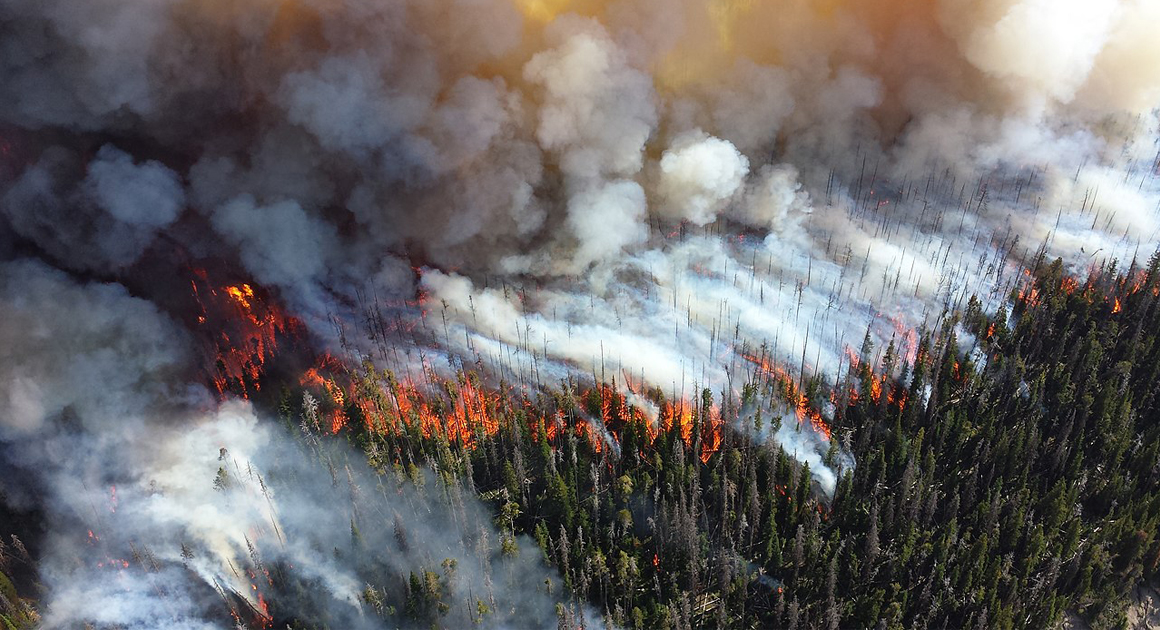Since 2010, wildfires have burned over 67 million acres in the U.S. There are both near and long-term water quality impacts from fires that water systems must address as climate change continues to threaten watersheds across the nation.
The combustion process during fires releases organics, inorganics, and nutrients that were bound in the watershed covering and soil, making them available to mobilize during rain events. During the first few rain events following a fire, extreme turbidity spikes are common. Long term impacts of these changes to the watershed—which can impact water quality for five or more years—are particulates, increases in organics, and nutrient loading. The increase in organics can drive up disinfection byproducts and the nutrients, can lead to harmful algae blooms.
BC provides a range of services that can be customized to help you plan for potential wildfire impacts and respond to water quality impacts when they happen. This helpful guide includes helpful steps to plan for the impacts of wildfires on a watershed.
